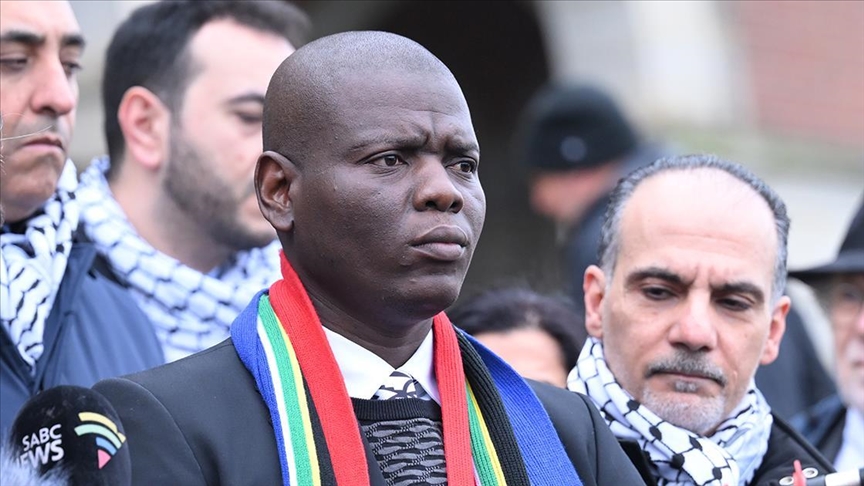Positive Expectations for Progress Report
The progress report takes up the reform process in Turkey in detail. The steps that Ankara took to harmonize with the Copenhagen Criteria are laid out for everyone to see in the report. As opposed to earlier progress reports that looked at Turkey in one-year cycles, the upcoming October 6th report examines the last five years of the country’s reform process.
Commission sources indicate that civilian control over the army and the improvement of freedoms are mentioned among the positive steps Turkey has taken over the past five years. Among the areas that Turkey could improve upon are the torture issue, which the commission agrees is not a systemic problem in Turkey, and the bureaucracy’s resistance to implementing reforms.
Whether or not the EU Commission will recommend that the EU begin membership discussions with Turkey will be discussed on Monday (October 4th). The style and substance of the recommendation is looked upon with curiosity, even if the approval to start discussions is almost certain.
On Wednesday (October 6), the EU Commission will vote on the progress report and the results will then become official.
Commission sources point out that the report is "very positive"; however, Turkey is criticized on two issues: combat with torture and bureaucratic resistance to reforms.
According to the report, torture is still an issue; however, the EU agrees that there is no evidence of systematic torture in Turkey. The report gives figures indicating the number of security officials sued or imprisoned in order to show that Turkey continues to fight against torture and torturers. Despite of all the efforts paid, the report notes that police officers still continue with mistreatment.
The report also offers intense criticism of Turkish bureaucracy, which has been slow to implement reforms. For instance, some judges and prosecutors do not comprehend the essence of the reforms and still act according to the old ways.
The report also emphasizes problems experienced with broadcasts in languages other than Turkish. A local station in the southeastern Turkish city of Diyarbakir is given as an example.
The report also directs attention to the problems experienced by religious minorities and their foundations. Some of the particular problems include difficulties in trying to acquire property or school future men of religion.
Some of the items that the report rates as positive are: The reform package approved within the last year and the great leap forward in freedoms of expression, organization, demonstration, and cultural rights.
Civilian control over the army is also noted as a plus. For the first time, a civilian secretary has been appointed to the National Security Council (MGK). One of the duties of the civilian will be to audit the defense budget. Military members have also been removed from the boards of state monopolies such as the Radio and Television Supreme Board (RTUK) and the Higher Education Council (YOK).
In addition, after ending the state of emergency in southeastern Turkey, people have started to return their own houses; however, more could be done.
The government supported the Annan plan for finding a solution in the Cyprus issue. In the end, Turkish Cypriots voted affirmatively in the April 24 referendum.
The Loizidou case, which constituted a problem at the European Court of Human Rights (ECHR), has also been resolved by the Turkish government.
Positive steps have been taken in the adaptation of the Turkish Penal Code (TCK) draft and many other fields.
Freedoms of thought and expression have been improved.
Crucial steps in gender equality have been taken.
Special reduced punishments for honor killings have been put an end.


